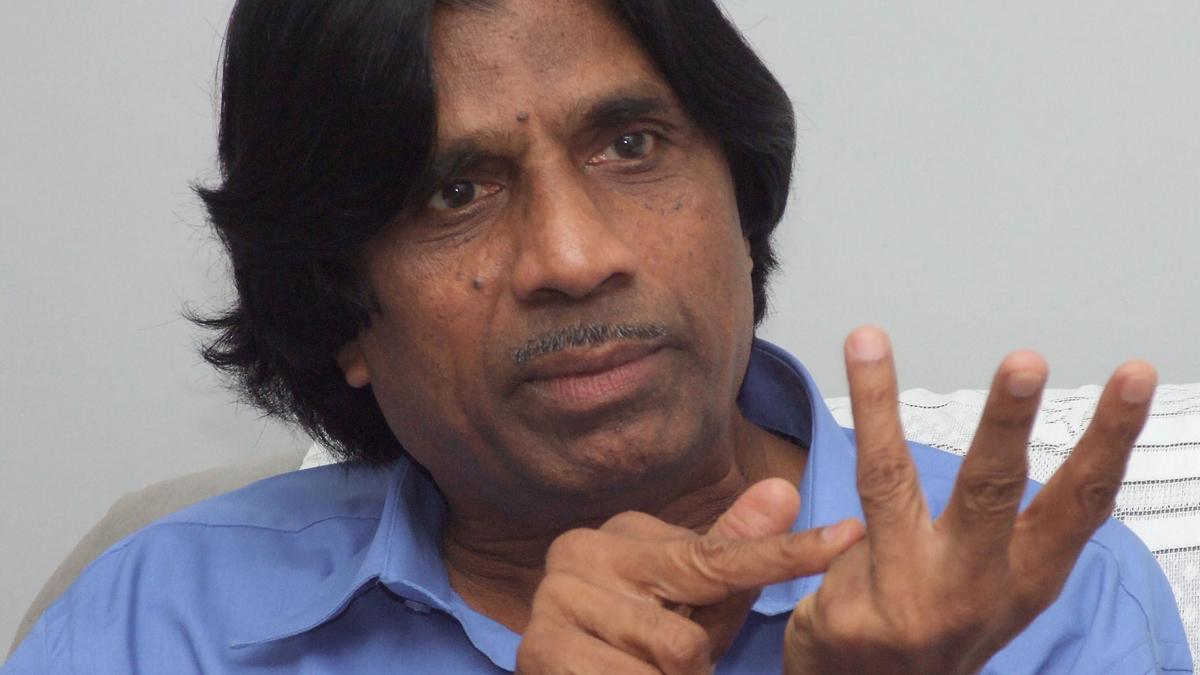 |
|
The recent sexual assault on a student at Anna University has highlighted a deeper systemic issue: the pervasive anarchy within the Tamil Nadu university system. Former Vice Chancellor E. Balagurusamy's statement underscores the urgent need for the Tamil Nadu government and the Governor to resolve their ongoing conflict, a conflict that is directly impacting the welfare and education of students across the state. The core of the problem lies in the prolonged stalemate over the appointment of Vice Chancellors (VCs). The prolonged disagreements between the governing bodies have left numerous universities without permanent leadership for over two years, a situation that is poised to worsen as almost all universities are expected to become headless in the coming months. This leadership vacuum has cascading effects, crippling the administrative functions of these institutions.
The lack of appointed VCs is not an isolated problem; it's intricately linked to a wider crisis of governance. Many universities are also operating without permanent registrars, controllers of examinations, and finance officers. This absence of key administrative personnel creates a chaotic environment, further hindering the smooth functioning of the institutions and impacting academic processes. This administrative paralysis has manifest consequences, including delays in convocations, resulting in degree certificates being signed by bureaucrats instead of the rightful university officials. This devaluation of certificates negatively impacts graduates' job prospects and diminishes the credibility of these institutions in the eyes of employers and the broader academic community. The situation underscores the crucial role of effective leadership in higher education and the dire consequences of its absence.
Adding to the complexity of the situation is the inconsistency surrounding Supreme Court judgments on VC appointments. The lack of a clear and consistent legal framework exacerbates the political maneuvering and delays in filling vital positions. Prof. Balagurusamy highlights instances where the Supreme Court's decisions have seemingly contradicted each other, leading to confusion and uncertainty in the appointment process. One case saw the cancellation of a VC appointment for non-compliance with UGC regulations, while another saw the reinstatement of a VC removed by the Madras High Court on similar grounds. This judicial ambiguity makes it even more difficult for the state government and the Governor to navigate the process of VC appointments, further prolonging the crisis.
The core of the disagreement revolves around the composition of search committees for VC selections. The current Tamil Nadu state university acts lack provisions for including UGC nominees in these committees. While the inclusion of UGC representatives is seen as a potential measure to minimize political influence and bias, Prof. Balagurusamy argues that it cannot be imposed arbitrarily. He contends that UGC regulations are not mandatory except for academic matters. He proposes a pragmatic approach: until the Acts are amended to include UGC nominees, the Governor should accept the existing conventions and expedite the appointment of VCs. This temporary solution would alleviate the immediate suffering of students and allow the universities to resume their normal functioning.
The consequences of this prolonged impasse are far-reaching and deeply damaging to the higher education system in Tamil Nadu. The lack of leadership, combined with administrative paralysis, is not merely an administrative issue; it is a crisis that affects the quality of education, research opportunities, and the overall welfare of students. The urgent need for the government and Governor to set aside their differences and prioritize the needs of students cannot be overstated. A swift resolution is critical to restoring stability and ensuring that Tamil Nadu's universities can effectively serve their students and contribute to the intellectual growth of the state. The continued delay undermines the future of countless students and the reputation of the higher education system as a whole. The urgent call for collaborative action must be heeded to prevent further damage to the lives and prospects of these students and the future of the institutions themselves.
